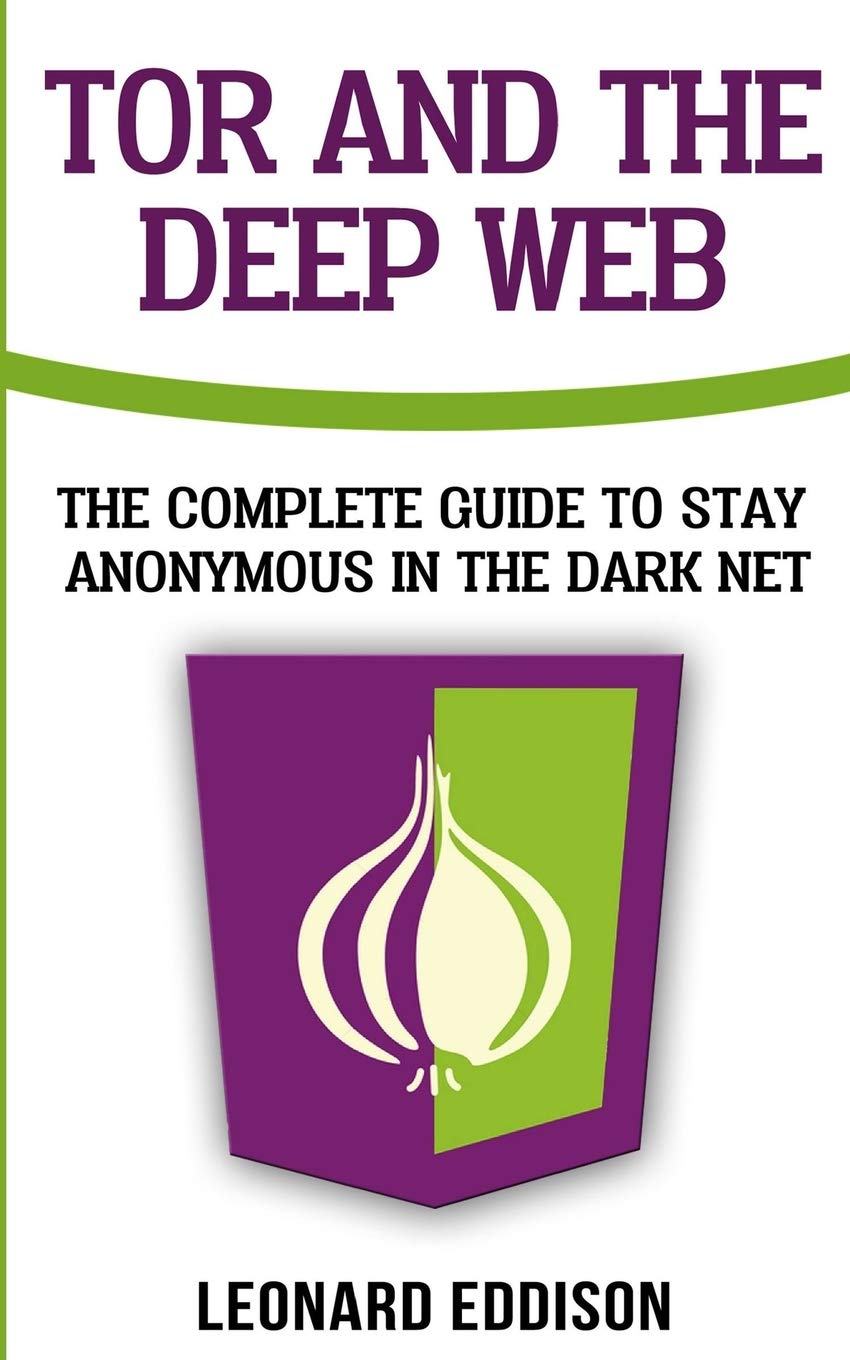plantclub76
About
- Username
- plantclub76
- Joined
- Visits
- 2
- Last Active
- Roles
- Member
Activity
-
A hidden web, often shrouded in secrecy and intrigue, has become a central topic for discussions surrounding online anonymity, privacy, and the obscure dealings that take place beyond the grasp of conventional internet oversight. Within this clandestine realm lies a system of marketplaces that operate out of sight, facilitating the exchange of goods and products that often thrive in a legal ambiguity or are completely illegal. Comprehending these dark web markets requires uncovering the layers of concealment that surround them, disclosing the incentives of their users, the functioning of their operations, and the ramifications for the community at whole.
As an increasing number of individuals seek out the hidden internet for various reasons, from desiring privacy to gaining access to limited information, the attraction of these marketplaces only increases. They present a unique blend of hazard and benefit, attracting a diverse range of actors who maneuver through a environment fraught with danger and fraud. This article will take you on a thorough exploration into the complicated world of dark web markets, investigating their operation, the varieties of offerings available, and the continuous battle between law enforcement and those who seek to manipulate the shadows for profit. best darknet markets
Grasping the Hidden Web

The dark web denotes a segment of the internet that is unindexed by traditional search engines. It can only be entered using designated software, settings, or authorization, most commonly via Tor or similar networks. This creates an environment that promotes privacy, allowing users to navigate, connect, and swap information anonymously. As a result, the shadowy web has gained notoriety for hosting a variety of questionable activities, including the distribution of narcotics, firearms, and illegally acquired data.
While the hidden web is often portrayed as a haven for criminals, it is crucial to understand that it also serves valid purposes. Advocates, news writers, and whistleblowers frequently utilize dark web platforms to communicate safely and evade surveillance. In authoritarian regimes, the ability to share information in secret can be key for supporting change and safeguarding individual rights. This duality adds complexity to the understanding of the shadowy web, distinguishing it as a realm of both potential and risk.
Exploring the hidden web demands a nuanced understanding of its framework and the possible legal implications involved. Users must be cognizant of the systems that support this covert network, such as encryption and routing protocols, which can also present risks if misapplied. As online privacy continues to be a hot topic in society, comprehending the hidden web’s function in shaping online interactions is important for anyone concerned with the prospects of online freedom and protection.
Key Dark Web Platforms
One of the highly well-known darknet markets is Silkroad, which was started in 2011. It became infamous for allowing users to buy and trade illicit goods in secrecy, particularly narcotics, using BTC as the primary currency. Silk Road functioned like a common e-commerce platform, equipped with user feedback and a rating system for sellers. Although it was shut down by law enforcement in the year 2013, its impact on the terrain of darkweb markets is still significant, influencing the development of future platforms.
Another notable market is AlphaBay, which emerged in 2014 and quickly acquired popularity among dark web users. It provided a wide range of products, including drugs, cybercrime services, and forged documents. AlphaBay's extensive product catalog and user-friendly interface enticed a large user base. However, similar to Silk Road, it was shut down by law enforcement in 2017, marking another significant moment in the ongoing cat-and-mouse game between dark web admins and authorities.
At present, markets like Dreammarket and Empire Market are dominating the darknet scene. Dreammarket has received attention for its strong security measures and a vast array of listings. Empire Market, on the other hand, achieved rapid momentum by offering a broad range of illicit goods and services while maintaining a focus on user privacy. Both markets represent the persistent development of the dark web, as they adjust to the obstacles posed by law enforcement and persisting to attract users seeking anonymity and illegal goods.
Risks and Responsibilities
Participating with darkweb markets carries substantial risks that users must meticulously consider. The disguise promised by these platforms can rapidly dissolve, revealing individuals to various threats. Law enforcement authorities are increasingly monitoring online behavior, and users risk arrest and prosecution for accessing or engaging on unauthorized sites. Additionally, the chance for scams is elevated, as many vendors may not provide goods after payment is made, leaving buyers with empty pockets but lost funds.
Furthermore, there are critical cybersecurity threats connected with operating within darkweb markets. Users are often at risk to hackers and malware, which can endanger their private information and monetary data. The absence of regulation means that these markets are breeding grounds for deceptive activities and exploitation. Therefore, employing strong cybersecurity practices, such as using a Virtual Private Network and safe payment methods, is crucial for anyone thinking about these platforms.
In addition to personal risks, social responsibilities must also be acknowledged. Many products sold on darkweb markets involve prohibited substances, stolen data, or other proscribed goods that can have serious implications for individuals and society. Users must reflect on the effects of their transactions and the influence of supporting these markets. By making informed choices, individuals can navigate the complexities of the darkweb with a more profound awareness of their responsibilities.
 September 5
September 5